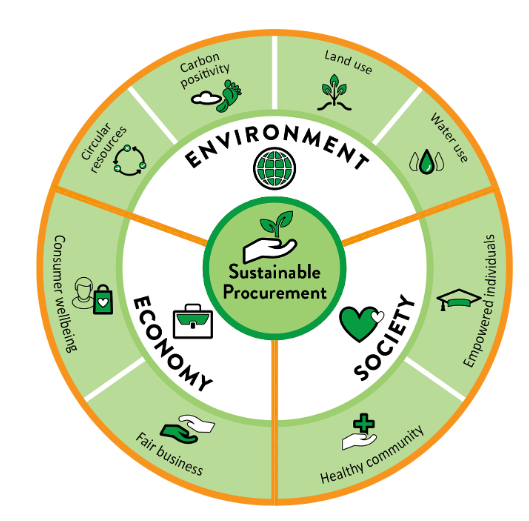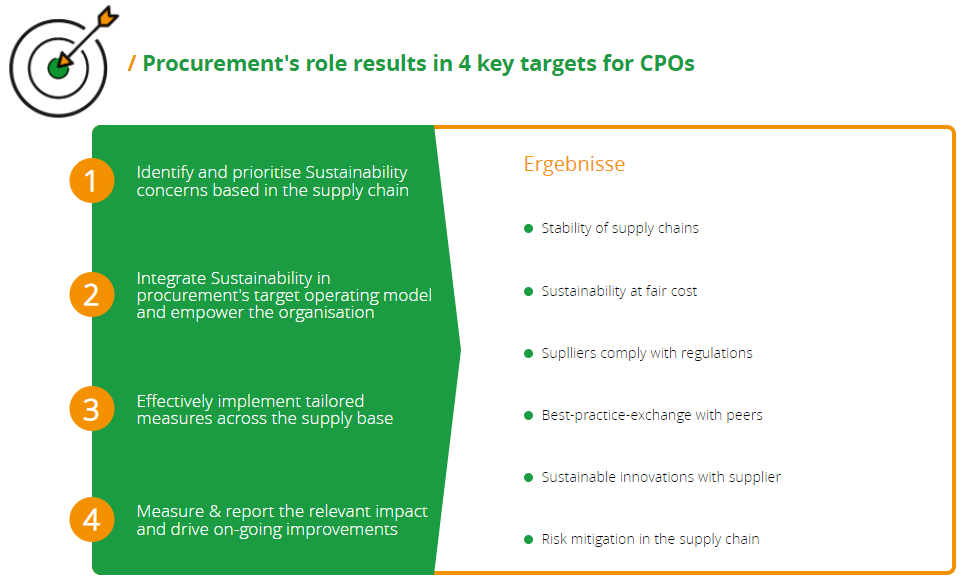Being guided by sustainability concepts will mean investing in many aspects of the business, but that doesn’t mean economic considerations have to move to the bottom of the list
Climate change is making great demands on society, including companies. But as complex as these measures may appear, there is no alternative in view of the consequences that are already visible. Added to this is the financial incentive: investors are placing more and more value on sustainability. The large institutional investors such as Blackrock in particular have defined sustainability criteria that are used as a basis when deciding for or against an investment.
Procurement will have a critical role here, as there is no other business unit with the same level of responsibility for the majority of resources in the supply chain. At the same time, its many contacts in the supplier network mean that its influence reaches far beyond its own company. Procurement departments are perfectly placed to support their own company’s social responsibility and, ideally, to drive the transformation process forward in other parts of the business.












